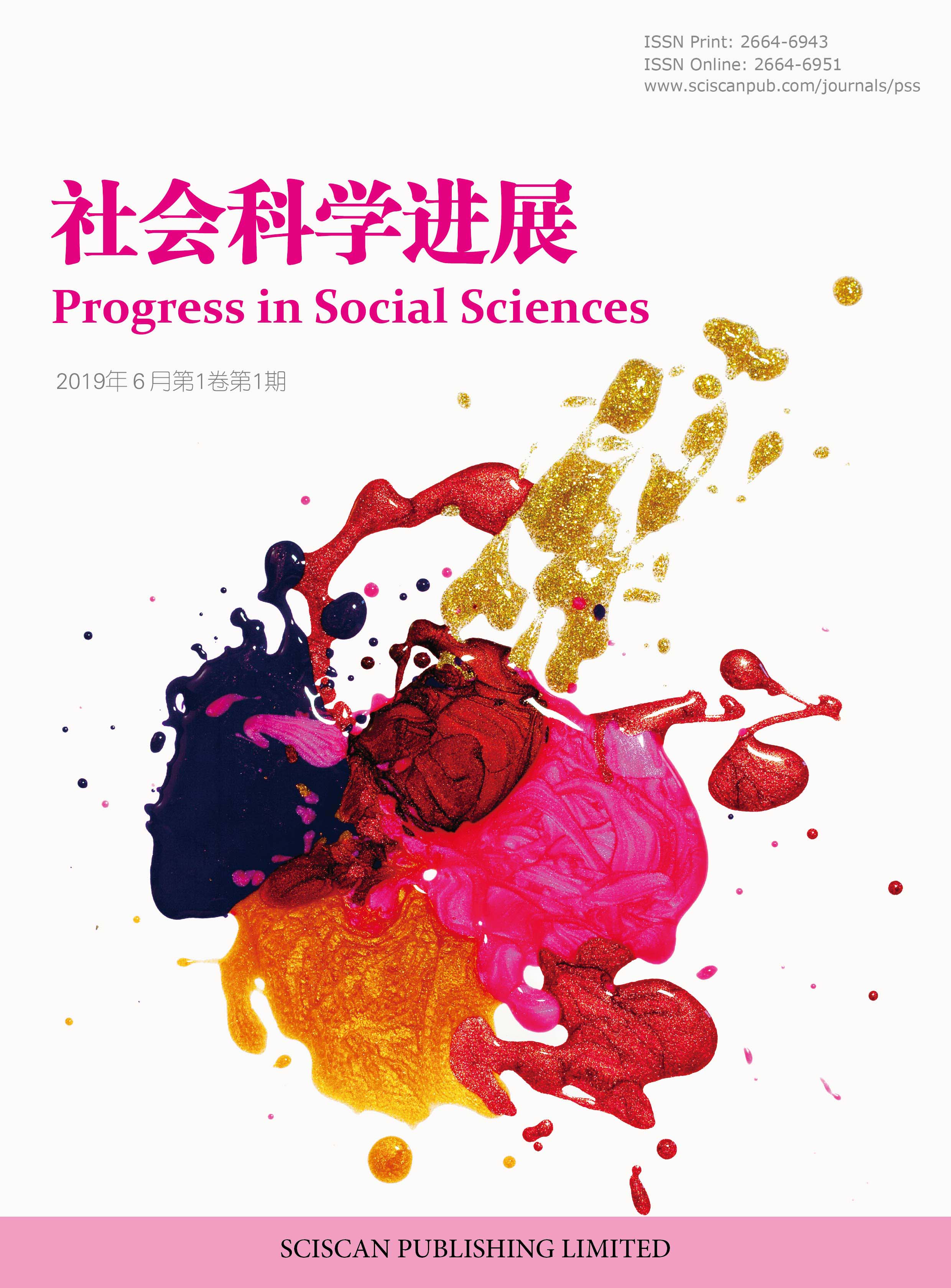Progress in Social Sciences
ISSN Print: 2664-6943
ISSN Online: 2664-6951
Contact Editorial Office
Subscribe to the latest published information from SCISCAN
智能翻译软件对英语专业学生学习的影响
Effects of Intelligent Translation Software on English Majors’ Learning
- Authors: 江钰文 段惠琼 徐蓉
-
Information:
南昌航空大学外国语学院,南昌
- Keywords: 智能翻译软件;英语专业;翻译研究
- Machine translation; English majors; Translation study; Influences
- Abstract: 机器翻译作为智能翻译软件产品之一,已成为英语专业学生的得力助手,并得到大多数学生的应用。然而,关于智能翻译软件对翻译教学影响的探讨却很少。文章使用问卷调查了江西省某高校有数年使用及其翻译经验的学生。问卷信度为0.756,KMO值为0.812。研究发现,英语专业学生对机器翻译等智能翻译软件的态度持主动态度和被动态度。持消极态度者过度依赖智能翻译软件,导致一系列负面后果。而积极使用智能翻译软件的人打破时空限制、能够检查和填补缺失信息、学会新词和掌握语法知识,还能培养逻辑思维、更多地了解文化差异和跟上时事学习。文章有助于英语专业学生正确认识自己与智能翻译软件的关系,树立正确的学习态度,正确使用智能翻译软件,促进翻译学习。
- Machine translation, as one of the digital products, has become the “right-hand man” of English majors and has been applied by most students. However, there is little discussion about the impact of machine translation on students’ translation learning. This study surveyed English majors from a university in Jiangxi Province in 2019, all of whom had several years of experience using machine translation. The reliability of the questionnaire was 0.756, and the KMO value was 0.812. Through the analysis of the questionnaire results, it is found that English majors have two different attitudes towards machine translation: active attitude and passive attitude. Students with a negative attitude rely too much on machine translation, which leads to a series of negative consequences. Instead, active use of machine translation can help students break time and space constraints, examine and fill in missing pieces, learn new words and the use of grammar, develop logic, learn more about cultural differences and keep up with current events in translation learning. This paper helps English majors to understand the relationship between themselves and machine translation, establish a correct learning attitude, and know how to use machine translation correctly, so as to promote translation learning.
- DOI: https://doi.org/10.35534/pss.0603055
- Cite: 江钰文,段惠琼,徐蓉.智能翻译软件对英语专业学生学习的影响[J].社会科学进展,2024,6(3):644-654.














